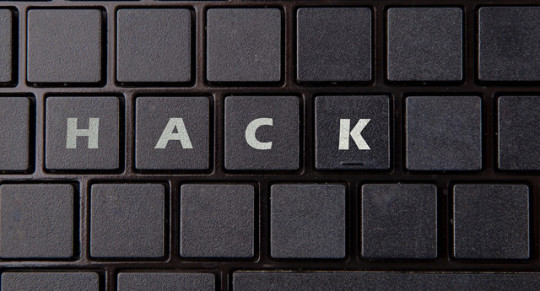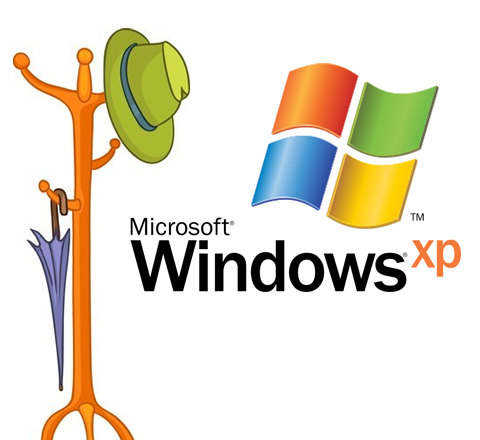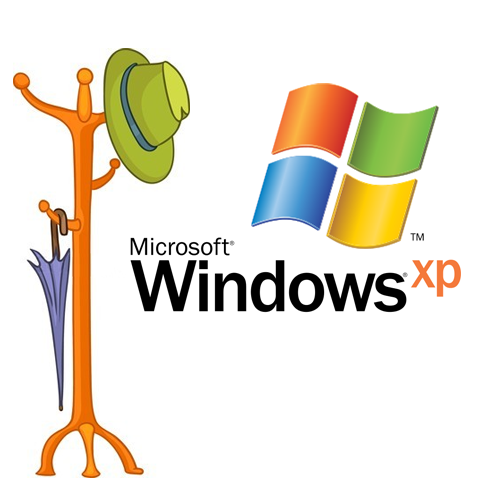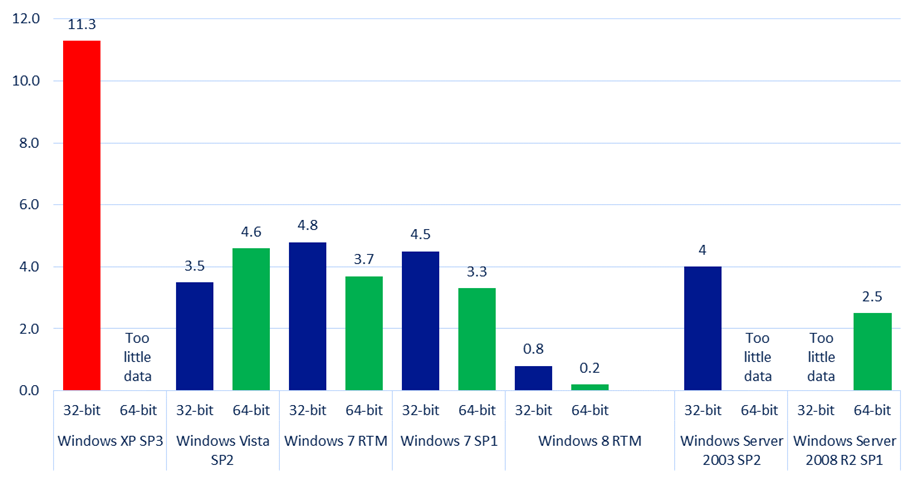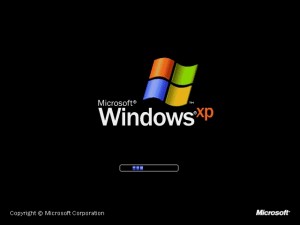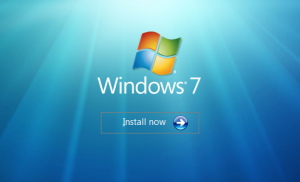Hackers are now infecting websites in order to take control of your PC’s processor and help power the resource heavy activity of cryptocurrency mining.
Cryptocurrencies, such as Bitcoin, have been generating countless headlines in the last year due to the huge values being attributed to them in the financial world. Now, despite cryptocurrencies being purely digital, they still need to be mined to help produce new coins. Naturally, this isn’t a simple task or, otherwise, everyone would be doing it and making millions. Instead, you need plenty of time and even more computing power to carry out the mining process.
For a hacker, of course, harnessing such huge amounts of computing power isn’t exactly rocket science, so it’s no surprise that this is their latest enterprise. And, to make this task a little easier, they’ve started infecting websites to help steal your processing power and power their cryptocurrency mining.
Mining for Cryptocurrency
While leaching off the CPU of innocent users to facilitate cryptocurrency mining is nothing new, the use of websites to help capture this valuable resource is a new one on security experts. And the manner in which it’s being done is ridiculously simple.
Hackers are setting up malicious adverts on websites that run a JavaScript file directly in the browser whenever that site is opened. There’s no need for the hacker to have direct access to the victim’s PC, everything takes place in the victim’s browser. And, if the victim has JavaScript enabled, then the malicious code will automate and hand over a significant amount of their processor power to the hacker’s mining activities.
There are certainly more sensitive hacks – such as those which exploit or encrypt your data – but the real bugbear of having your CPU taken advantage of is the impact it has on your computer’s performance. Mining cryptocurrency requires significant processing power to power through the labor intensive tasks involved, so this drain on resources is going to cause your system to grind to a halt.
Is a Website Hacking Your Processor?
Organizations, in particular, do not want to see their productivity affected by a slowdown in performance, so it’s crucial that you understand the warning signs of these infected sites. If the internet is in use and your system starts slowing down then you should check the performance of your CPU by:
- Right clicking the taskbar on your PC and selecting Task Manager. This will allow you to access the Performance tab where you can see which resources are taking up your processor’s usage.
If opening a webpage is causing your PC’s performance to rocket, then there’s a chance that this could be down to an infected webpage. The simplest way to deduce this is by closing individual webpages and monitoring the effect within your Performance tab in Task Manager.
Final Thoughts
These infected websites are not going to cause major damage to your organization, but they are going to put a drain on your resources. Understanding that any potential reductions in processor speed could be caused by this new method of hacking is vital to stay on top of your digital security.
For more ways to secure and optimize your business technology, contact your local IT professionals.
Read More



